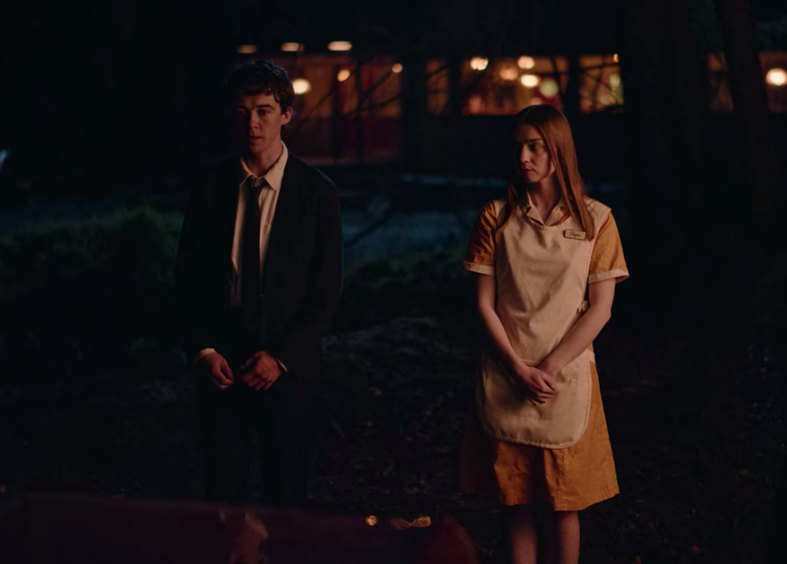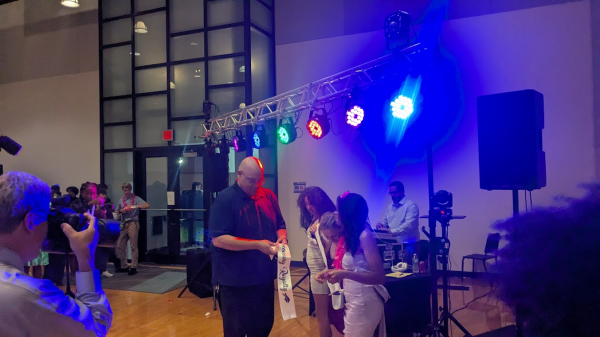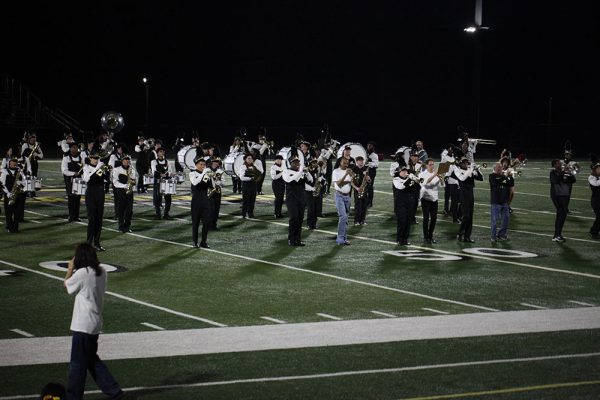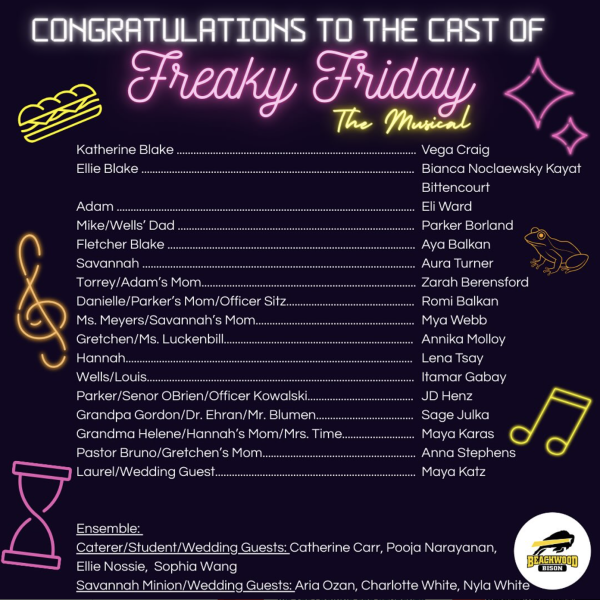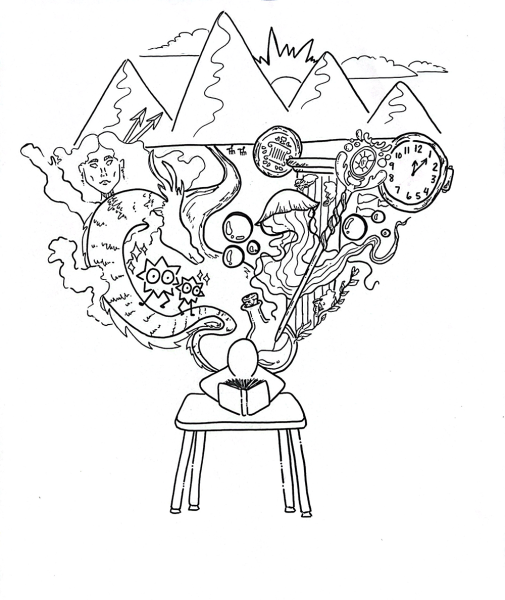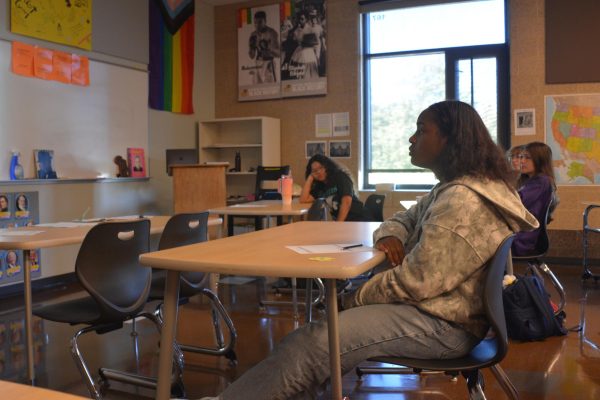Trauma, Love and Redemption in the Follow-Up to Netflix’s Cult Classic
The first season of the Netflix dark romantic comedy The End of the F***ing World was widely praised for its idiosyncratic story beats, stellar LGBTQIA+ representation and chaotic, youthful energy.
The series, based off of a Charles Forsman graphic novel by the same name, explores the rebellious and eventually bloody cross-UK road trip of self-diagnosed psychopath James (Alex Lawther) and his foul-mouthed classmate Alyssa (Jessica Barden).
Spanning a range of genres, simultaneously a crime thriller, romantic comedy and picaresque adventure, the show was embraced by the neurodivergent community for its groundbreaking albeit problematic portrayal of a protagonist with clear mental health issues.
Going into the second season, which was released on Nov. 5, The End of the F***ing World outpaces its comic book source material and makes a valiant effort to organically blend the wholly original second season with the first.
The masterpiece series opener ditches James and Alyssa entirely, focusing instead on a new tertiary protagonist named Bonnie (Naomi Ackie). This episode is revealed as a prequel when Bonnie, deeply traumatized by her upbringing, falls into the clutches of serial rapist and murderer Clive Koch: the enigmatic professor who our duo killed in self defense during a stint at his abandoned mansion.
The abuser, previously restrained to the archetype of a silent monster, is here fleshed out into a charismatic, debonnaire lecturer, who is adored by everyone on campus, including Bonnie. Ardently in love with her professor, Bonnie is imprisoned after killing a competitor for his affection (another student he has molested).
Upon being released, she embarks on a quest to hunt down her abuser’s killers. This episode is a film in and of itself, offering an ingenious depiction of trauma and abuse while highlighting how patriarchy praises and empowers predators.
In episodes 2 through 4, the show awkwardly hurries to catch the audience up with Alyssa and James. Overly dependent on call-backs to the first season, the story feels the need to continually justify its own existence.
James recovers from his fatal injuries from season one and is once again faced with a death in the family. Alyssa becomes engaged on a whim and deals with the social repercussions of running away on her wedding day. The characters reunite (somewhat inorganically) and again embark on a road trip, this time with a dramatically ironic, hitchhiking companion named Bonnie.
Alyssa and James also engage in a grating dance of will-they-won’t-they, with the audience privy to the internal monologue of both. This is much less cute than the showrunners must have anticipated. For all its cumbersome elements, this relationship does seem like a natural evolution of season one’s anxious interplay between two frightened adolescents. The pettiness of season one transitions with their characters’ mutual growth into a richer, tender tone which works to counteract some of the season’s more annoying elements.
The season ends on a high note, with an absolutely phenomenal penultimate episode which outshines the whole of season one. A suspenseful, Tarantino-esque conclusion is undercut by what can only be described as the triumph of human empathy. Bonnie, after failing to kill Alyssa and James, resolves to commit suicide as police arrive on the scene. The duo then tackle her, wrestle the gun from her, and save her.
The last-minute redemption of antagonists is, at this point, a cliche, and many series have caught flack for lazier implementations of such a beat. Everything the audience has come to known about James and Alyssa, however, points to the fact that they would feel empathy for someone in Bonnie’s position.
In an absolutely fantastic scene which perfectly exemplifies The End of the F***cking World’s blend of wit and emotion, a police officer condescendingly tells James, “What can you do?” in reference to Bonnie’s obvious need for help. James responds, “Err… a bit more?”
While, on average, an inferior product to the first season, some individual thematic elements of season two of The End of the F***cking World tower above those of the first. The show once again demonstrates itself as not only good, but important.
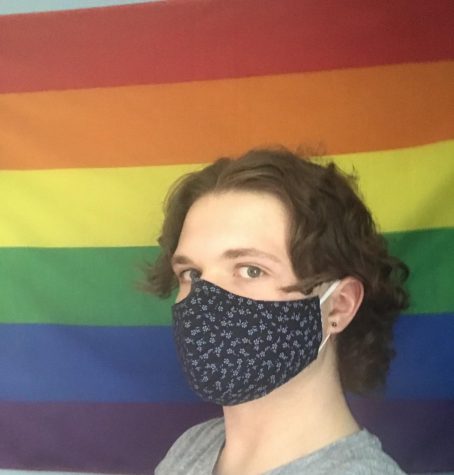
Alice Soprunova (she/her) began writing for the Beachcomber in 2019. She covers stories pertaining to issues of social justice inside and outside BHS....



